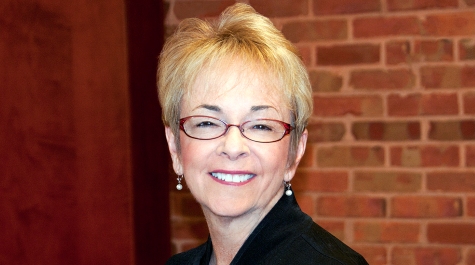Viewing Hobby Lobby Case Through Lens of Corporate Law
Professor Jayne Barnard Lead Organizer of Amicus Brief Filed in Hobby Lobby and Conestoga Wood Cases
William & Mary Law School Professor Jayne Barnard was the lead organizer of an amicus curiae brief [opens .pdf] filed by 44 corporate and criminal law scholars in support of the petitioners in Sebelius v. Hobby Lobby Stores, Inc. and Conestoga Wood Specialties Corp. v. Sebelius, cases pending before the Supreme Court. The court will hear arguments Tuesday, and Barnard will be blogging about the cases on The Conglomerate as they go before the court.
Barnard said, "There are scores of briefs addressing constitutional issues, the historical origins of the Free Exercise Clause, employees' rights, contraceptive technology, and the proper statutory construction of the Religious Freedom Restoration Act (RFRA). Only two address traditional corporate law principles. We are hoping that a corporate law perspective will help the court sort out the vexatious issues raised by these cases. In our view, shareholders cannot cloak themselves in the corporate veil to shield their personal assets and at the same time claim that the corporations they control have adopted the owners' religious beliefs."
The Becket Fund for Religious Liberty has noted that 84 briefs were filed in the Hobby Lobby case, "among the largest amicus efforts ever" according to the organization.
The Supreme Court will answer the question of whether for-profit corporations may seek an exemption from the contraceptive mandate of the Affordable Care Act. If protected, for-profit corporations could deny employees health coverage for contraceptives and other medical products and procedures, which employees are otherwise entitled to under federal law. The denial of health coverage would be based on religious objections of the corporation's owners.
Barnard is the James Goold Cutler Professor at William & Mary Law School She is a nationally recognized expert in corporations, corporate governance, and securities regulation law. In preparing the brief, she assembled a working group of five other nationally recognized scholars and worked to create a document that dozens of others could sign. They worked with the Boston law firm Ropes & Gray.
"This was an exceptional team effort from people with a wide range of experiences and viewpoints and we are all proud of the final product," Barnard said.
